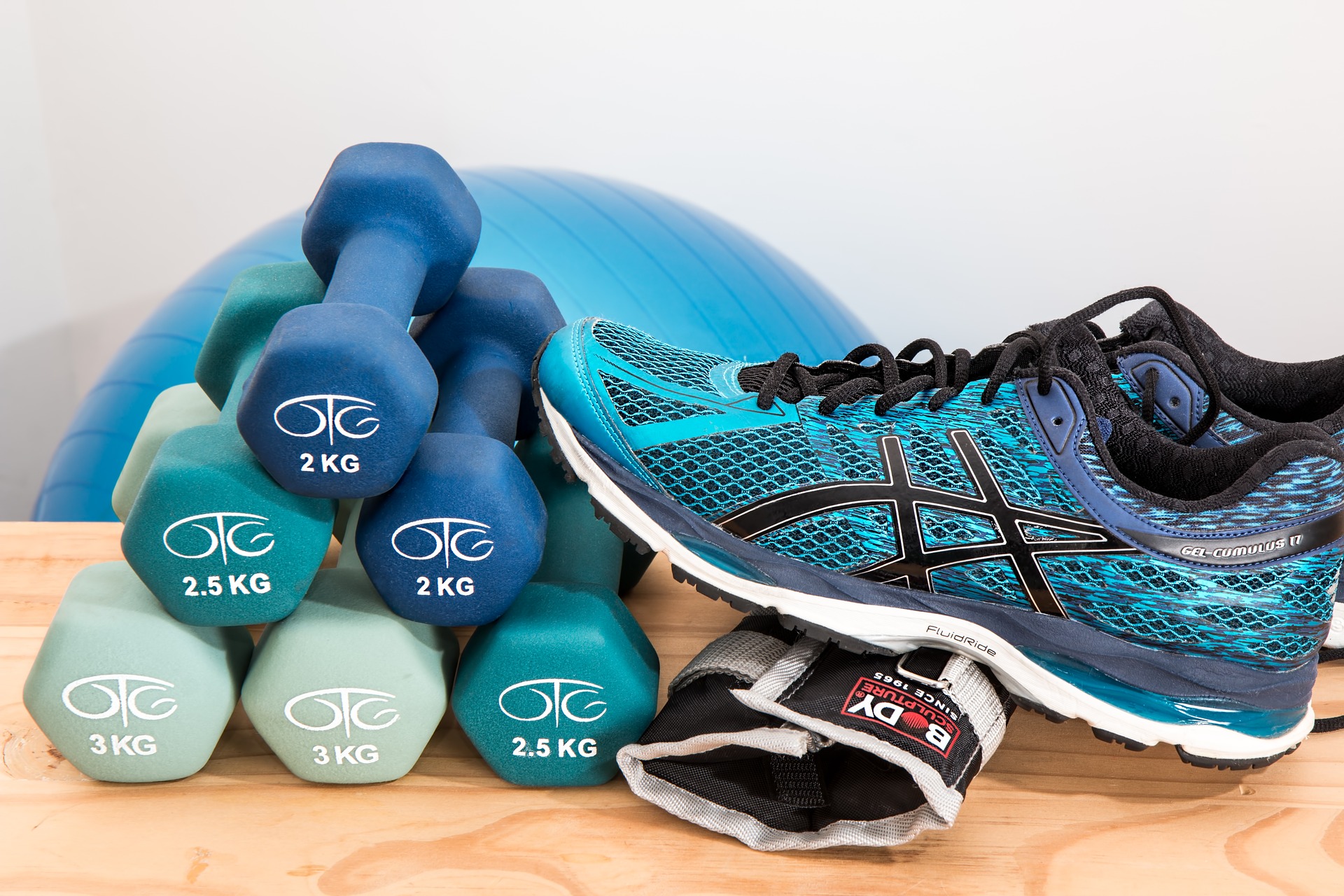Fitness is an important part of preparation for and recovery from surgery or other medical interventions. Fitness involves various aspects of your health, including mobility, strength, balance, heart and lung capacity, and energy.
If you’ve just had surgery, or if you’re going through cancer treatment — particularly chemotherapy — exercise may be the last thing you feel like doing. However, there is strong evidence that physical activity, including strength training, improves recovery time, enhances mood, reduces the risk of adverse side effects including lymphedema, and even reduces the risk of cancer recurrence.
Exercise-based interventions are becoming more widely recommended for oncology patients. The research has strongly supported the benefits of exercise on cancer warriors and survivors alike. One study published in 2021 evaluated the benefits of exercise for breast cancer patients and determined that both aerobic and resistance exercise contributed to decreased levels of depression and increased ratings of quality of life (Aydin, M., Kose, E., Odabas, I., Meric Bingul, B., Demirci, D., Aydin, Z., 2021).
Another study analyzed the safety and efficacy of exercise-based interventions in advance stage cancers. The study was conducted by De Lazzari, N., Niels, T., Tewes, M., & Götte, M. (2021). It included a systematic review of literature to identify the effects of exercise on various measures of quality of life as well as to identify the feasibility and safety of these interventions for late-stage oncology patients. This study concluded that exercise interventions were safe and feasible for these patients and that these interventions can lead to improved physical performance and may lower the intensity of some cancer related symptoms.
A 2020 study (Cannioto and others) found that women with high risk breast cancer who participate in at least 2.5 hours of moderate-intensity exercise per week are less likely to have a cancer recurrence.
Overall, it is widely supported that cancer survivors and patients should be engaging in regular, guided physical activity. It is important that all oncology patients consult their health care team and are guided by a professional when commencing a new exercise program. For more information or assistance on how to begin a new routine book a consultation with one of our registered kinesiologists.
Aydin, M., Kose, E., Odabas, I., Meric Bingul, B., Demirci, D., & Aydin, Z. (2021). The Effect of Exercise on Life Quality and Depression Levels of Breast Cancer Patients. Asian Pacific journal of cancer prevention : APJCP, 22(3), 725–732. https://doi.org/10.31557/APJCP.2021.22.3.725
De Lazzari, N., Niels, T., Tewes, M., & Götte, M. (2021). A Systematic Review of the Safety, Feasibility and Benefits of Exercise for Patients with Advanced Cancer. Cancers, 13(17), 4478. https://doi.org/10.3390/cancers13174478
Rikki A Cannioto, PhD, EdD, et al. Physical Activity Before, During, and After Chemotherapy for High-Risk Breast Cancer: Relationships With Survival, JNCI: Journal of the National Cancer Institute, Volume 113, Issue 1, January 2021, Pages 54–63.


